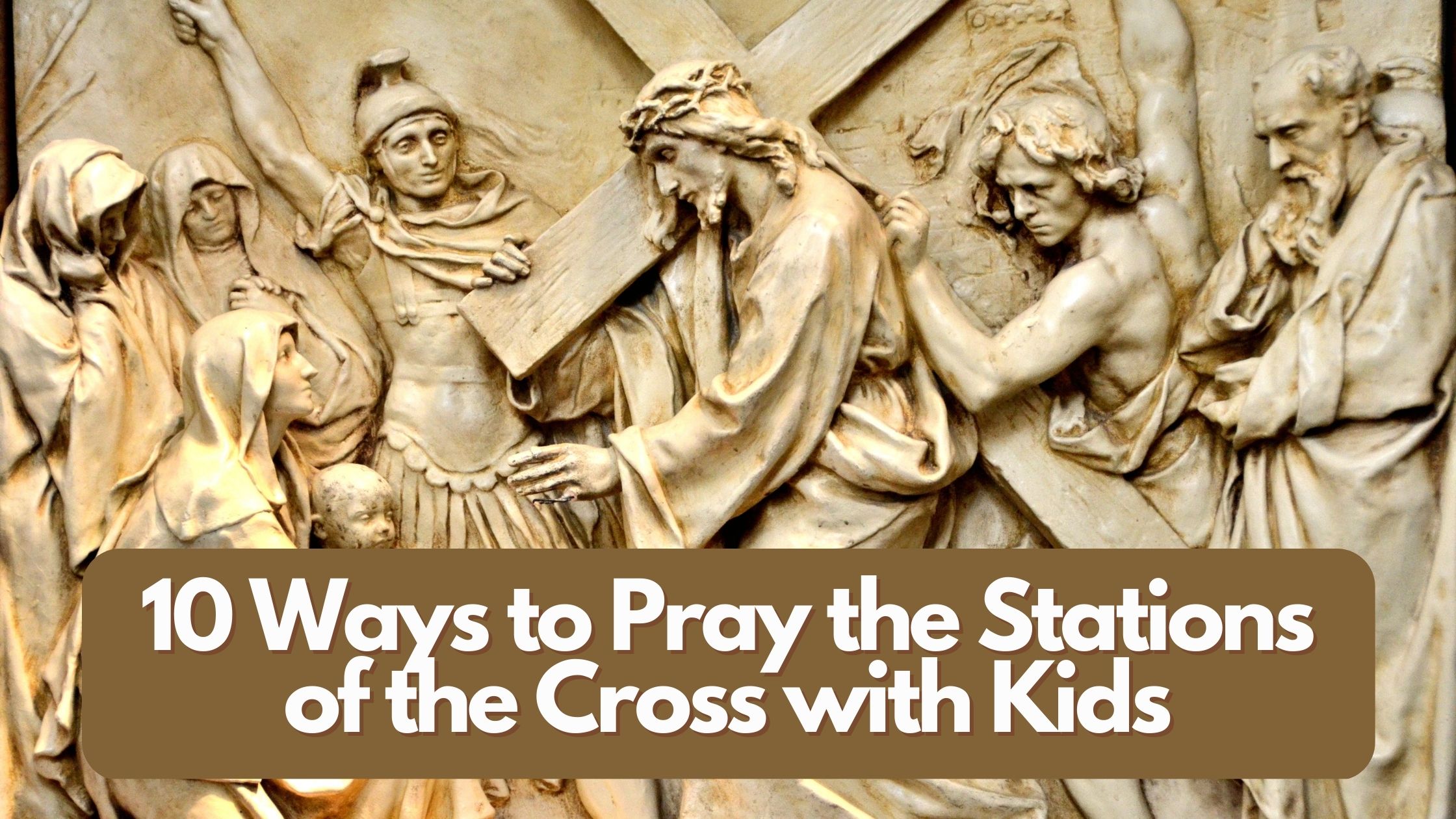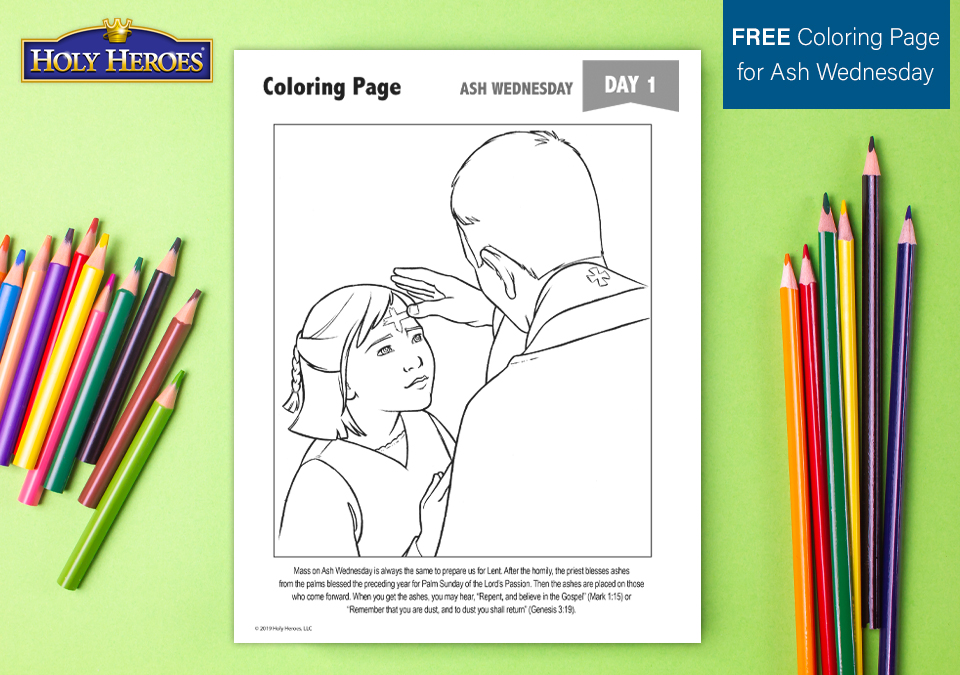Our friends at Defend Young Minds recently released their blog post “How Do Kids Find Porn? Top 10 Ways in 2023.”
Incredibly helpful and filled with resources, we wanted to share the blog post with our audience and include some suggestions for our own.
Below are the 10 ways plus our TOP 3 SUGGESTIONS–but realize that the #1 absolute top takeaway from the post included warnings about how kids can find (and hide) porn on phones.
Whether they see it through secret apps (that parents don’t even realize are porn), stumble across it in AI-generated art (the newest technological approach), or on popular (and seemingly “safe”) music streaming services (Spotify was just uncovered as a search engine for porn), 2023 is not the time for parents to become lax when it comes to smartphones.
Oh, and one more thing you need to know:
The tech algorithms are tuned to look for new customers based on DEMOGRAPHICS, *NOT* based search results.
This means that a teen boy–simply because he is a teen boy–is more likely to be searched FOR by the porn providers without waiting to see what the boy is searching for. They intend to actively send porn to certain demographics (fitting certain age, sex, location, etc), you understand, so you need to protect your children from these online algorithms which may send them what they by no means want to see.
To protect them, we have down below our THREE TOP SUGGESTIONS which have worked for our family, but first in summary here are the top 10 ways kids stumble on porn.
- Social media apps–including some you you might not expect (like community forums on the FitBit app!). Social media apps want to keep users on social media longer, so they serve up content that might engage them. Teens will get served different content than an old guy like me.
- In the home–when kids get on devices meant for others (see above). You have different controls on different devices…so beware handing a child someone else’s device.
- Any phone connected to the internet or which can connect to other people–including browsers, video game apps, messages, etc.
- Video and music streaming services–did you know Disney+ now has R-rated content? And even if a specific show or content is blocked…the explicit show appears in search results on things like the Roku channel.
- Other kids’ devices–see all the above. 94% of teens have smartphones, 31% of 8-year-olds do, too. Our kids don’t look at other kids’ devices (though it requires severe self-control).
- Relatives’ devices and homes–grandparents’ unfiltered and unprotected WiFi and TVs…and as mentioned above, the content providers aren’t searching for people watching older folks’ things…until something triggers them because it appears a younger demographic is logged on.
- Online gaming consoles with internet access–give contact with strangers and the games themselves often can reveal hidden dangers or access.
- At school–see above and recognize that even the school filters don’t block the types of things that you might find problematic, but the school administration does not. School-issued Chromebooks allow all sorts of access.
- Virtual Reality (VR) gaming–and because the screen isn’t visible to anyone else, it’s difficult to know what a child is exposed to.
- AI-generated art–including new technology like the Lensa app.
So what can you do TODAY to remove the opportunity for your kids to become exposed to pornography–and to know what to do should it happen by accident?
We have 3 suggestions for you to help you breathe a little easier.
First, we cannot recommend the Gabb phone enough.
You can read about our experience HERE (and why we too felt it was necessary that our youngest had a means of contacting us while at orchestra rehearsals and sports practices).
Here’s the deal: the Gabb Phone keeps kids connected through text and call. BUT, it does not have access to the Internet, social media or games–a huge relief for parents worried about pornography.
We have partnered with Gabb to give our customers 25% OFF the purchase of any Gabb device. Using code HOLYHEROES at checkout, you will get 25% off the Gabb Z2 phone (or the Gabb Watch if you are more tech-savvy than our family)!
Second, we encourage every family to read this book.
Want a natural and comfortable way to talk to your kids about pornography?
This newly revised edition of the original bestseller makes that daunting discussion easy! Good Pictures Bad Pictures is a read-aloud story about a mom and dad who explain what pornography is, why it’s dangerous, and how to reject it.

Featuring easy-to-understand science and simple analogies, this internationally-acclaimed book engages young kids to porn-proof their own brains.
Here’s what makes these so good: Kids are so shocked, embarrassed, and guilty when they are exposed to pornography, that they don’t know what to do. That makes the problem worse with delay and more guilt. This book gives them a simple and immediate plan so they can act right away.
The 5-point CAN DO Plan™ teaches kids exactly what to do to protect their young minds when they see pornography.
One mother left this review after receiving her copy:
“Get this book and do what is shared here. Parents need to be brave and shine a light on their actions by making time for this conversation with their children. This book is a tool that should be mandatory for all parents.”
Another parent said:
“Excellent book. I like the parts where they have review questions for the parent and child to use as a conversation starter.”
My daughter, Clara, made this short video below to help you learn more about what makes these books so unique and important for every family to have. Take a watch and then order your copy below.
Finally, put Covenant Eyes on all your devices.
Covenant Eyes is the internet filter PLUS accountability software that our family uses for our computers, laptops, tablets, and smartphones.
It is not just the “filtering” to protect the innocence of children, teens, and adults–so we don’t “come across” the things that others do–but the “accountability” of regular weekly reports to educate and form the moral consciences of our children.
We receive these “accountability” reports for our children and the devices which have internet access (computers, tablets, phones, and so on), and this has made such a difference for us.
RIGHT NOW: you can get 30 days FREE by using our HOLYHEROES code when you sign up!
PS–please SHARE this blog with other families who would benefit from learning this information!
Ken Davison created Glory Stories, which became a weekly radio series heard globally on the Ave Maria Satellite Radio Network and EWTN’s radio network, WEWN. In 2007, he and his wife, Kerri, founded Holy Heroes–and their children stepped in to help shortly thereafter to create the online “Adventures” for Advent, Lent, Spiritual Adoption, and Marian Consecration.






Hello Ken, we used to use covenant eyes, but moved over to Qustodio. It has broader device support, but more importantly allows for app blocking, time scheduling and log viewing much better than covenant eyes. I think covenant eyes is great for adults or older teens, but kids also need to be monitored for time schedules on devices. When date night comes around for the parents, it’s nice to know the kids can’t just jump on their computer or device all night long.
See what you mean. We simply use a different approach so we don’t fall into the trap of smart phone and internet device manufacturers of developing the internet distraction habits when the kids are so young that they can’t be relied upon. So we don’t get internet access for kids when they are so young that we need to manage their time or allow them to get some apps but not others based on our assessment (and then we would need to waste our time trying to stay ahead of the development of problematic apps!). Instead, we get younger teens a GABB phone which does not have internet access so they simply don’t start to develop the habits of being on the internet wasting their time. Then we do get them a smart phone or device with internet access at the age where we are teaching them to have personal responsibility & accountability with the devices–when they are older teens and young adults who are actually ready to have self-discipline. So for date-night, young teens and below simply don’t have personal devices that we need to monitor or cut them off from.